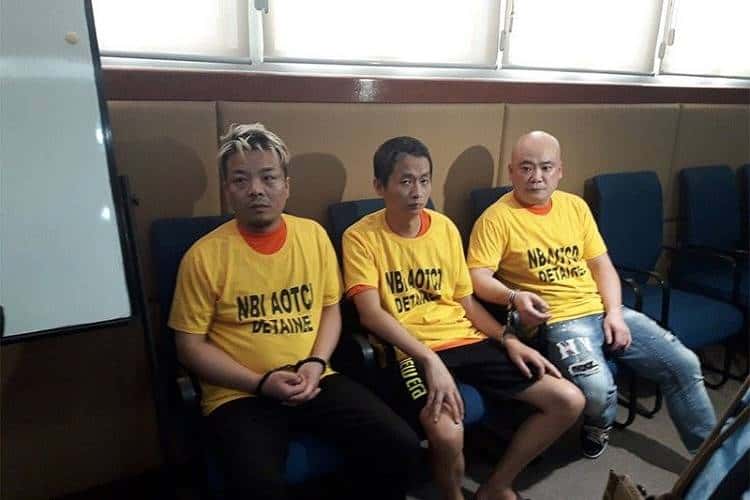For the domestic gambling industry, it’s been an interesting couple of weeks in the Philippines. There are three major stories of note concerning the gaming landscape in the island nation, with some good news and some bad news.
The Good
Starting off with the good news, PAGCOR – the Philippine Amusement and Gaming Corporation – is reporting major new revenue increases at land-based Philippine casinos year-over-year.
With Q3 2019 numbers in, the GGR (gross gaming revenue) at brick-and-mortar Philippine casinos totaled over $830 million, or an increase of 23.5 percent on last year’s Q3 figures.
After some talk of the government selling off their state-owned casino resort properties, it seems that the newfound uptick in business should dissuade further discussion thereof for the time being.
This increase in revenue is being credited primarily to junkets, which are casino touring packages organized by travel agencies in concert with destination gambling houses.
High roller junket clients have accounted for roughly 34 percent of all land-based GGR, with China’s crackdown on Macau’s gambling scene the main driver of the new Philippine business. That jibes with local trends of late, as we reported in an earlier story about new international customers patronizing the Philippine casino market.
Coupled with the progress that the proposed three percent POGO tax increase has been making in the legislature, things are looking up for the state as it continues to embrace the totality of its legal Philippine casino and gambling industry.
The Bad
A Philippine man by the comically fitting name of Marlon Moron has been apprehended after a scheme was uncovered in which he stole nearly $14 million from his employer, R&L Investments, over the last eight years.
R&L Investments was one of the Philippines’ oldest brokerage firms, and it had been publicly traded for 50 years until it was forced to close up shop two weeks ago as a result of the fraud and ensuing investigation.
Moron, who has admitted to his crimes, blames his actions on an alleged “gambling addiction,” which will no doubt add fuel to the fire for those in the legislature looking to clamp down on illicit – and even wholly lawful – gaming.
That said, since Filipino citizens are not legally allowed to gamble over the Internet, Moron should have left a hefty paper trail at the country’s Manila-based or other licensed and regulated gaming venues had he indeed lost the money gambling.
So far, that doesn’t seem to be the case, and it’s possible that Moron’s moronic defense won’t hold much water once the Philippines’ Securities and Exchange Commission finishes its investigation into the matter.
The Ugly
The one arena where Philippines president Rodrigo Duterte agrees with China’s anti-gambling stance is on the scourge of POGO-related kidnapping and human trafficking incidents.
Despite telling Beijing that the Philippines Offshore Gaming Operator market will remain intact, Duterte doubled down on his directive that violent criminals would be dealt with, with prejudice.
“There are foreigners who come here to play their trade, lending money, and if the debtor cannot pay, they kidnap and sometimes ask for a ransom. And even with the delivery of the money…they just go ahead and kill the victim.
We’re good friends with everybody, but I will not hesitate even to tell your ambassador that I killed your idiot citizen because he was f****** in my country… To me, you are just another carcass.”
Now, that sentiment may be put to the test, as a Philippine National Bureau of Investigation (NBI) sting has resulted in the arrest of three Chinese nationals – including one who is an active POGO operator – on sex trafficking and prostitution charges.
A Chinese Pogo operator and two Chinese nationals were arrested by NBI in a sting for renting four hotel rooms in Pasay to prostitute Chinese women. Their syndicate caters exclusively to Chinese Pogo operators. @PhilippineStar pic.twitter.com/fLZ35AmcaO
— Marc Jayson Cayabyab (@mjaysoncayabyab) November 15, 2019
Per NBI spokesman Ferdinand Lavin, the POGO industry, while profitable to the country, has had negative side effects like the above.
“This is one of the crimes related to POGO. When you bring a lot of [Chinese immigrants] here, these syndicates cater to their needs.”
Of course, no popular industry – no matter how tightly controlled – is immune from bad actors, and Philippine gambling law is clear in its enforcement protocols.
And so, it seems, is President Duterte.

